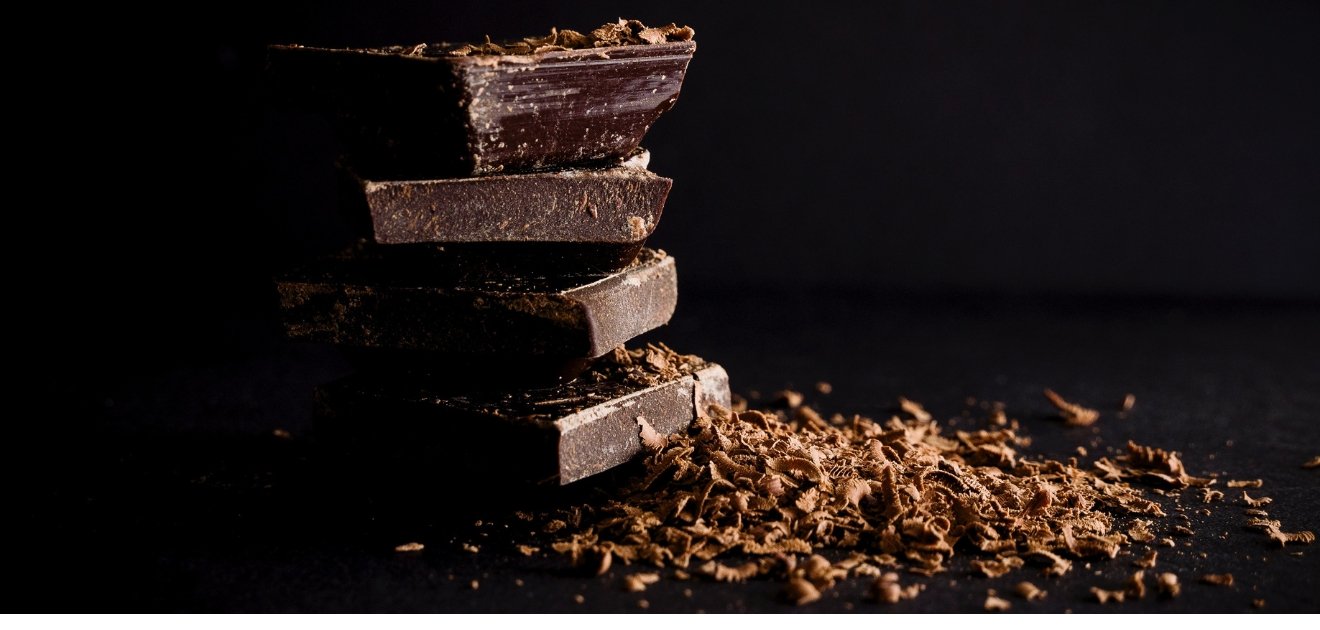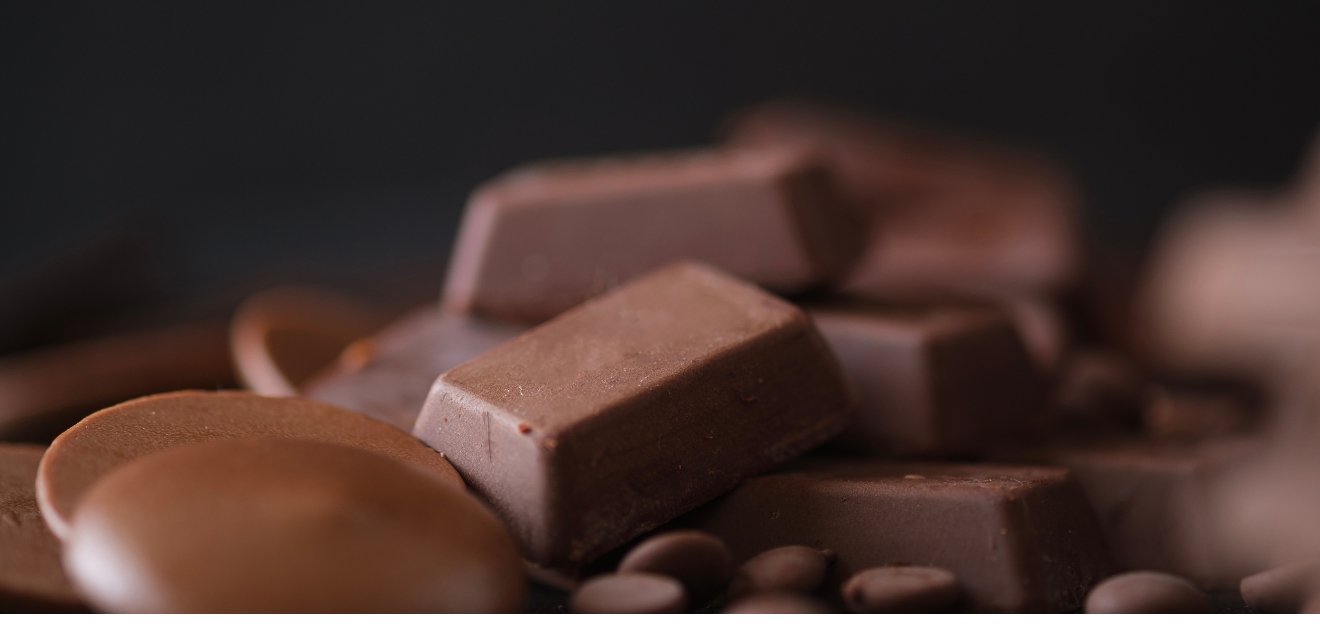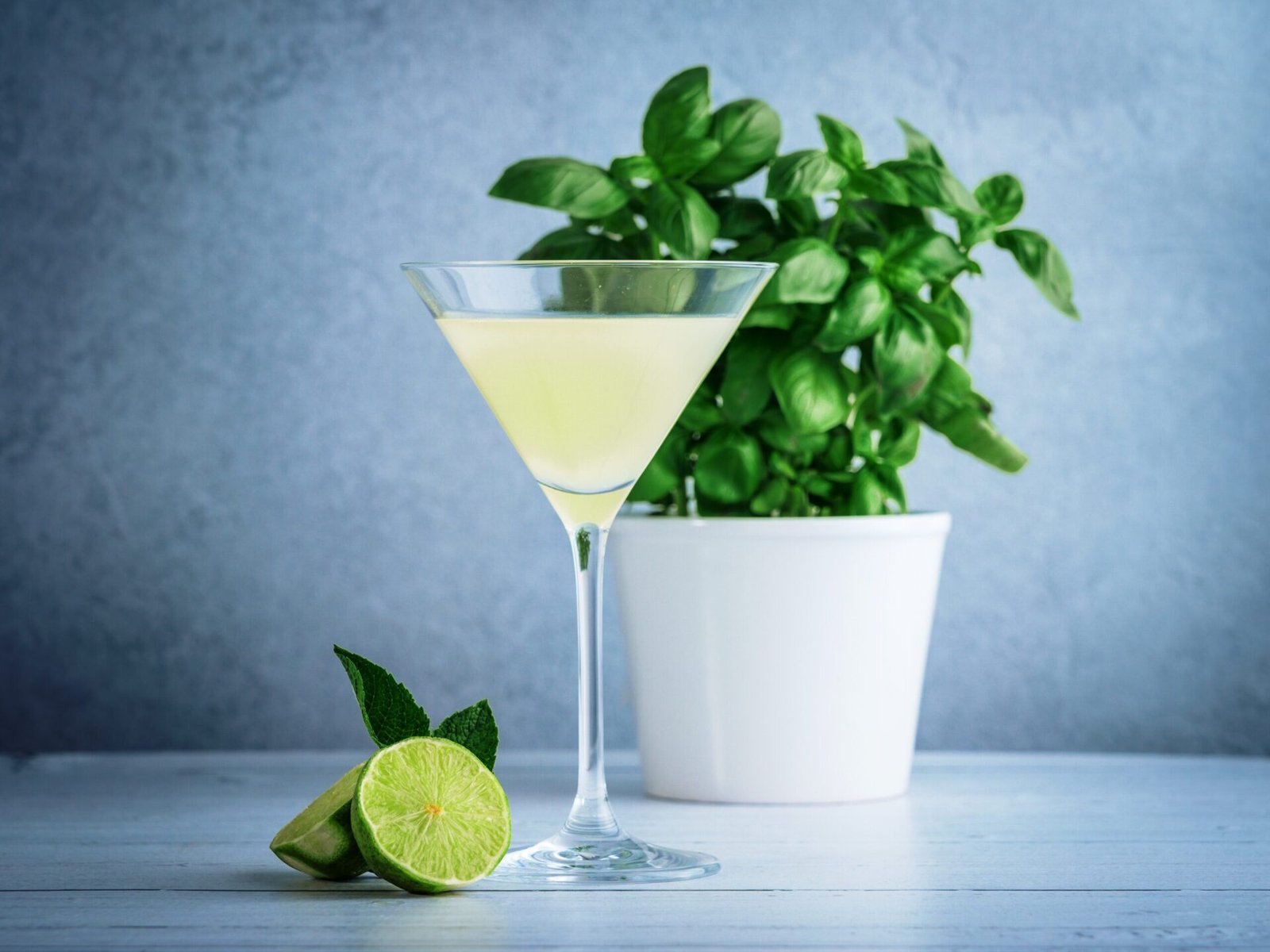Is Chocolate Halal or Haram in Islam in Islam, the permissibility of consuming chocolate relies upon its ingredients and the way that it’s handled. By and large, Pure chocolate produced using cocoa beans, cocoa margarine, and sugar is viewed as halal as long as it doesn’t contain any haram (forbidden) ingredients like liquor or non-halal creature inferred items.
Notwithstanding, a few chocolates might contain added substances or flavorings that might actually be haram, so it’s important to check the ingredients list. Moreover, on the off chance that the chocolate is fabricated in an office that likewise processes haram items, there may be worries about cross-contamination.
In synopsis, unadulterated chocolate with halal ingredients is permissible for utilization in Islam, however it’s fundamental to confirm the ingredients and creation cycles to guarantee adherence to Islamic dietary regulations.

Introduction to Chocolate in Islamic Perspective
Chocolate is one of the most adored treats worldwide, appreciated by individuals of any age and foundations. In any case, for Muslims, there’s much of the time whether or not chocolate is permissible or not according to Islamic dietary regulations, known as halal and haram. In this article, we will dig into the ingredients of chocolate, explore the different opinions of researchers, and shed light on the halal status of chocolate in Islam.
The Ingredients of Chocolate
Chocolate commonly contains a few ingredients, including cocoa beans, sugar, milk, and some of the time extra flavorings or emulsifiers. Understanding the sources and processing of these ingredients is critical in determining the halal status of chocolate.
Cocoa Beans: The essential ingredient in chocolate, cocoa beans are collected from the cacao tree. The permissibility of cocoa beans hinges on how they are developed and handled.
Sugar: One more key part of chocolate, sugar is generally utilized in food creation. In any case, its halal status relies upon its source and whether it goes through any disallowed processes.
Milk: Numerous chocolate items contain milk or milk subordinates, which can likewise influence their halal status.
Other Ingredients: Chocolate may likewise contain added substances like flavorings, additives, and emulsifiers, which should be examined for halal consistence and see Why Dark Chocolate Is Good for Brain

The Halal Status of Cocoa Beans
Cocoa beans themselves are viewed as halal except if they come into contact with haram substances or are handled using denied techniques. The sourcing and processing of cocoa beans assume an essential part in determining their permissibility.
The Permissibility of Sugar in Islam
Sugar is a combative ingredient in Islamic dietary regulations because of worries about its refining cycle. While normal sugars are for the most part viewed as halal, the utilization of bone scorch in refining sugar raises inquiries regarding its halal status.
Halal Certification of Chocolate Products
To lighten worries about the halal status of chocolate, numerous makers look for halal confirmation from respectable Islamic organizations. These certificates guarantee that the ingredients and creation processes meet Islamic dietary prerequisites.

Common Misconceptions about Chocolate in Islam
There are a few misconceptions surrounding the utilization of chocolate in Islam, for example, the conviction that all chocolate is haram because of its relationship with Western culture. Notwithstanding, Islamic regulation is nuanced and considers different factors in determining the permissibility of food sources.
Different Scholarly Opinions on Chocolate
Islamic researchers have differing opinions on the halal status of chocolate, with some advocating for severe adherence to dietary regulations and others adopting a more merciful methodology. Understanding these assorted viewpoints can assist Muslims with making informed decisions about consuming chocolate.
The Importance of Intention in Consuming Chocolate
At last, the permissibility of chocolate in Islam is not exclusively determined by its ingredients but rather additionally by the intention behind its utilization. Whenever consumed with the intention of nourishment and appreciation to Allah, chocolate can be delighted in within the limits of Islamic regulation.
Conclusion
In conclusion, whether or not chocolate is halal or haram in Islam is diverse and relies upon different factors like ingredients, processing strategies, and academic opinions. While some might decide to keep away from certain kinds of chocolate because of individual convictions, others might appreciate it with some restraint, mindful of its halal status.

Unveiling the Health Benefits of Mint Margarita
FAQs on Is Chocolate Halal or Haram in Islam
1. Is all chocolate halal?
Not all chocolate is halal, as it relies upon the ingredients and creation strategies. It’s crucial for check for halal confirmation or confirm the ingredients before consuming chocolate.
2. Can Muslims consume chocolate with alcohol flavorings?
Chocolate containing liquor flavorings is by and large considered haram, as liquor is denied in Islam. Muslims ought to settle on liquor free chocolate items.
3. Are dark chocolates always halal?
While dull chocolate might contain less added substances than milk chocolate, its halal status relies upon the particular ingredients and creation process. Halal certificate can give confirmation to customers.
4. Is it permissible to gift chocolate during Islamic holidays?
Gifting chocolate during Islamic occasions is permissible, gave the chocolate is halal and given with sincere goals.
5. How can I determine if chocolate is halal?
Search for halal confirmation names on chocolate items or check the ingredients list for any haram substances. Moreover, talk with Islamic researchers or confided in authorities for direction.



